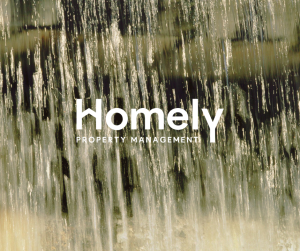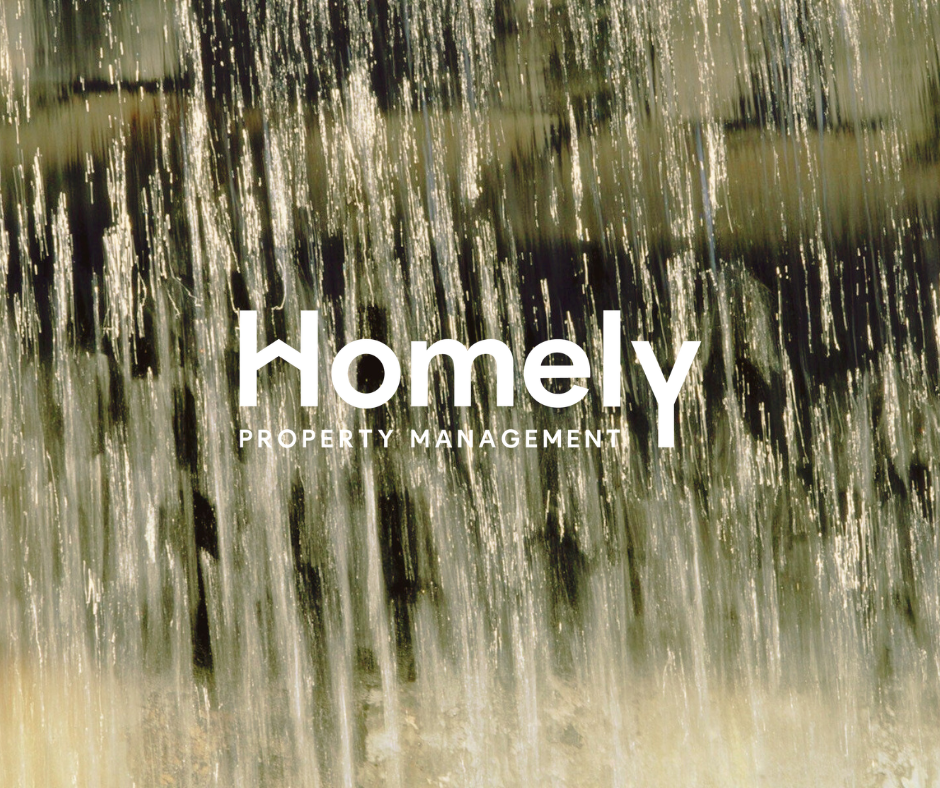With the extreme weather impacting parts of the country this week, it felt like a good time to talk about natural disasters and property management. What happens, what it means for owners and tenants, and how situations like these are actually handled.
New Zealand is a beautiful place to live, but it is also a country shaped by nature. Earthquakes, flooding, slips, storms and coastal weather events are not rare occurrences here. They are a real and ongoing part of property ownership and renting.
For the Homely team, natural disasters are not just emergency situations. They are legal situations, insurance situations, human situations and often all at once.
Understanding responsibilities before an event occurs is one of the most important ways owners and tenants can protect themselves.
Why This Matters More Than Ever
In recent years New Zealand has experienced significant weather events, including major flooding, cyclones and slips affecting thousands of rental homes.
The reality is:
Natural disasters don’t just damage houses, they disrupt tenancies, finances, safety, and wellbeing.
After a disaster, the biggest issues we see are not actually the physical damage.
They are confusion, panic, and misunderstandings about:
• Who pays
• Who fixes it
• Whether rent still applies
• Whether a tenant must move out
Our job is to have those answers ready.
The Legal Position (Residential Tenancies Act)
When a rental property is damaged by a natural disaster, the Residential Tenancies Act (RTA) determines what happens next.
There are three key categories:
1. The property is still safe to live in
Example: minor roof leak, small flooding in garage, damaged fencing.
In this situation:
– The tenancy continues.
– The landlord must arrange repairs within a reasonable timeframe.
– Rent still applies.
– Insurance claims should begin immediately.
– Tenants must still report damage as soon as possible. Waiting can make damage worse and can affect insurance.
2. The property is partially uninhabitable
Example: A section of the home has been damaged but the remaining areas can still be used, or there is a temporary interruption to essential services such as water or electricity.
In this case:
– The tenant may apply for a rent reduction
– The landlord must carry out repairs
– Both parties must act reasonably
– Temporary accommodation may be needed
– This is one of the most sensitive areas of property management because the tenant still has a home, but not a fully functioning one.
3. The property is uninhabitable
Example: severe flooding, structural damage, landslip, fire, or earthquake risk.
– If the property is still safe to enter, landlords need to give 7 days’ notice and tenants need to give 2 days’ notice.
– If the home is unsafe, the tenancy should be ended immediately.
– Rent stops from the day the property is no longer accessible or the above notice periods have ended.
– This surprises many owners, but legally, you cannot charge rent for a property that cannot be lived in.
Insurance — The Most Common Misunderstanding
One of the biggest myths is: “If something happens, insurance will just sort it.”
Unfortunately, insurance claims after natural disasters are rarely fast.
They can take months, and sometimes over a year.
Landlord insurance typically covers:
– The building and it’s fixture’s
– Loss of rent (depending on policy)
It does not cover the tenants belongings. This would be under the tenants personal contents insurance.
After floods, many tenants discover too late that replacing beds, couches and appliances can cost tens of thousands of dollars.
Responsibilities During a Disaster
Tenant must:
– Notify the property manager immediately
– Take reasonable steps to prevent further damage (if safe)
– Not stay in an unsafe home
– Allow access for urgent repairs
Tenants are not responsible for natural disaster damage unless they caused it.
Landlords must:
– Act urgently
– Arrange emergency repairs
– Lodge insurance claims
– Make the property safe
– Communicate clearly
This is where a Homely property managers become critical. During disasters, contractors, insurers and councils are overwhelmed. Having someone coordinating repairs dramatically reduces stress and downtime.
What a Homely Property Manager Actually Does in a Disaster
We become a crisis coordinator.
We will:
• Organise emergency tradespeople
• Work with insurers and loss adjusters
• Provide documentation and photos
• Guide tenants on next steps
• Advise owners on legal obligations
• Manage rent adjustments or tenancy termination
• Prevent compliance breaches
However, natural disaster management starts before a disaster.
Homely property managers focus heavily on risk reduction:
– Checking drainage and gutters
– Monitoring retaining walls and fences
– Identifying flood-risk areas
– Managing trees near dwellings
– Encouraging healthy homes compliance (reduces moisture damage)
Good management is no longer just rent collection, it is risk management.
Communication: The Most Important Tool
During a natural disaster, the most important service a Homely property manager provides is certainty.
Owners want to know:
“Is my investment protected?”
Tenants want to know:
“Do I still have a home?”
Clear guidance prevents disputes, protects relationships, and avoids Tenancy Tribunal claims later.
Natural disasters are not a possibility in New Zealand, they are an expectation. The difference between a manageable situation and a financial or tenancy tribunal disaster usually comes down to preparation, documentation, and professional guidance.
For owners, this means understanding your insurance and legal obligations.
For tenants, this means knowing your rights and protecting your belongings.
And for our Homely property managers, it means being ready long before the storm arrives. Because in property management, the real work often starts when the weather turns.













